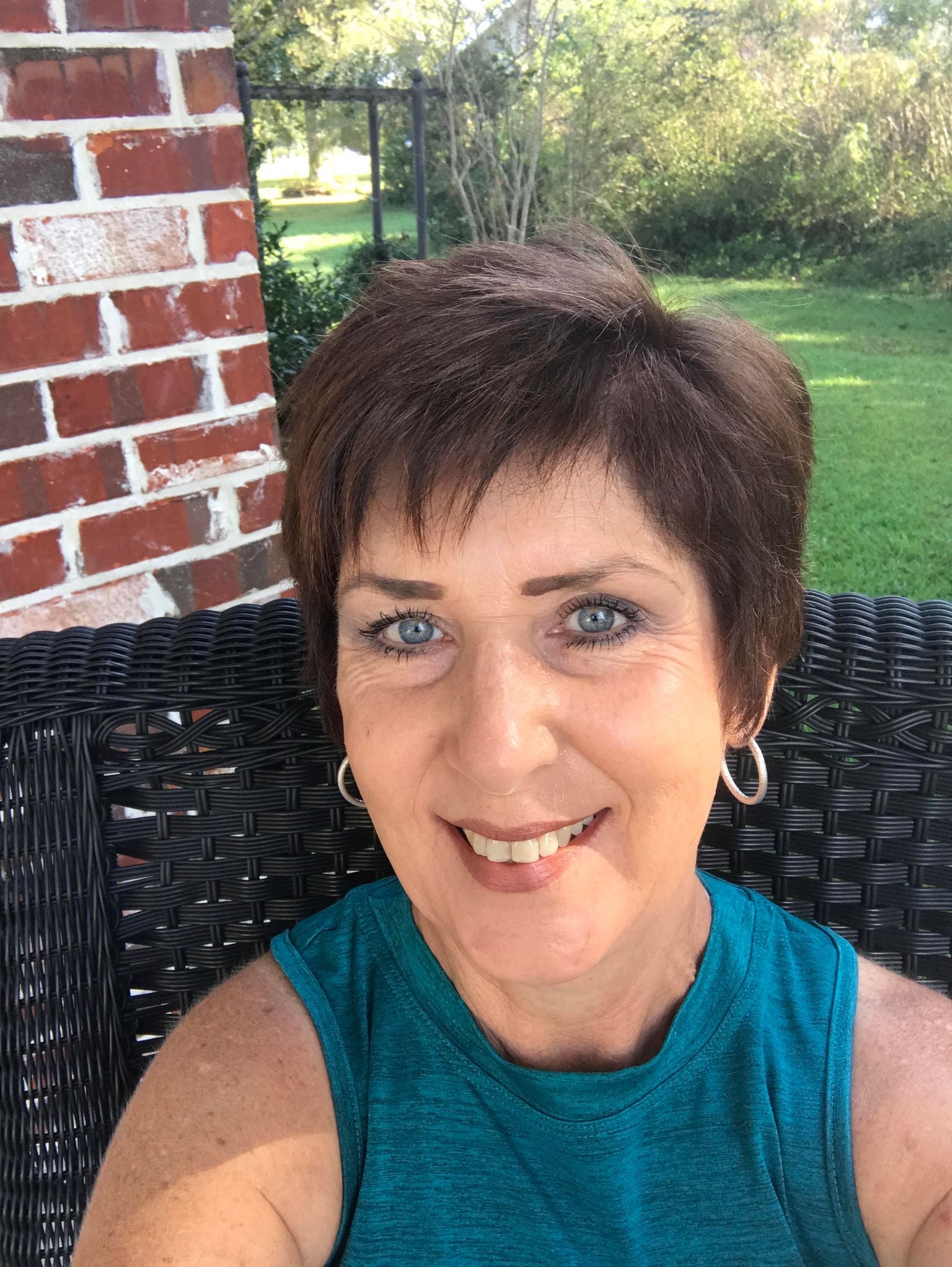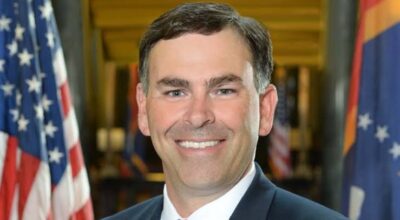Must RFK Jr be censored?
Published 10:43 am Friday, May 5, 2023
By Rich Lowry
Columnist
ABC News did a wide-ranging interview with Robert Kennedy Jr. the other day. The ABC reporter asked him a number of challenging questions, notably about the lack of support from his own family for his presidential run.
It was interesting stuff, and good journalism — having on the heterodox, newly minted presidential candidate, allowing him to make the case for his candidacy, and forcing him to think and reflect out loud.
Then came the note at the end: ABC, as a matter of “editorial judgment,” had left out portions of the interview where Kennedy had expanded on his anti-vaccine views (which were briefly discussed).
Now this is not, as a technical matter, censorship; ABC News isn’t a government entity and can exercise whatever editorial judgment it pleases. But the spirit of the exercise was in keeping with censorship, and it reflected how the press and social-media platforms operated during the height of the pandemic when they were the self-appointed arbiters of Truth.
This is a mistake in editorial judgment for several reasons.
One, if you are going to interview RFK Jr., you should let him be RFK Jr. Editing out his position on vaccines is a little like doing a pre-recorded interview with Bernie Sanders and carefully snipping out the socialism, or cutting out Donald Trump’s support for building a wall. It’s one of his calling cards, and of a piece with his larger distrust of authority.
Two, it shows how nothing has been learned from the pandemic. Whatever inherent deference people felt they should have for public-health experts at the outset of Covid should have drastically diminished by the end, given how manipulative many of these authorities were, and given how disastrous policy mistakes often had their imprimatur.
Three, in a free society, we default toward letting people propagate error, and rebutting it with better arguments. The opposite reflex — to shut down, rather than merely disagree with, people we believe are wrong has led to the lopsided censorship regime created by social-media platforms and to the phenomenon of people being censored for views that have proved correct.
Four, as a purely practical question, it’s not clear that trying to keep people from hearing disfavored opinions really works. In our age of suspicion and of wildly diverse sources of information, it may only lend a kind of credibility to those opinions.
Fifth, the efficacy and safety of vaccines shouldn’t be beyond debate. I’m not a fan of Robert Kennedy Jr. in general or of his views on vaccines in particular, which I consider paranoid and unfounded. All you need to know is that he apparently thinks that Big Pharma forced out Tucker Carlson at Fox.
That said, two things can be true at the same time: The Covid vaccines saved lives and were also over-sold. For too long, the orthodox view was that they kept people from getting Covid and people who didn’t get the jab were a threat to everyone around them.
This was the logic behind the Covid mandates that led to the deeply unjust firing of people who, for whatever reason, didn’t want to get the shot.
Anyone who was fully on board the dogma should now have at least a touch of modesty about trying to shut down cussedly independent dissenting voices.
Whether the old high-handedness still prevails will be tested by RFK Jr.’s upstart campaign, and the ABC interview suggests the answer is “most definitely, yes.”
Rich Lowry is editor in chief of National Review magazine.




